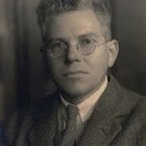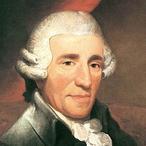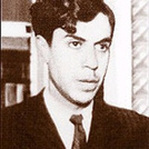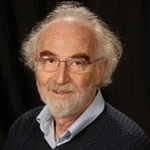|
The latest version of Handel's Tamerlano is blessed with a fantastic collection of performers, including John Mark Ainsley in the difficult role of Bajazet. This is, without doubt, a disc for any Handel lover's collection. 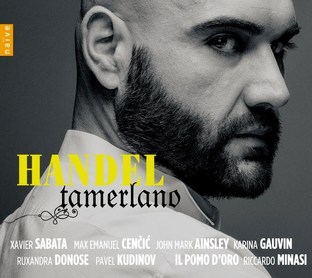 The title role in this production is in the hands of Xavier Sabata, who brings a youthful petulance and spite to Tamerlano's music. His coloratura is both clean and exciting, never thinning out or losing the plummy tone that distinguishes his sound. His contribution to the ensemble pieces is intelligently delivered, and adds much depth to the overall understanding of the character. As with most roles written for the castrato Sesesino, Andronico lies across the modal/falsetto divide, which can cause difficulties for mezzo and soprano tessitura countertenors. Max Emanuel Cencic has no such difficulty with the role, managing to make the "join" between the voices almost unnoticeable. The fullness of tone in the lower falsetto register makes Cencic's voice a perfect vehicle for the low tessitura of Andronico's arias. From the opening words of Bajazet's first aria, "Forte e lieto," John Mark Ainsley authoritatively set his mark upon the character. His mellifluous voice has acquired an extra darkness in the lower register over the years, adding a beautiful richness to his sound, yet still possessing that ringing brightness in the upper register which makes his voice instantly recognisable. Ainsley's fierce rendition of "Ciel E Terra Armi Di Sdegno" was as passionate as his tragic performance of the wretched "A' Suoi Piedi" (in which Ainsley drops to an Ab2 in the B-section) was moving. "Empio, per farti guerra" was suitably explosive, while never resorting to barking or disturbing noises. The death scene was the highlight for me, as Ainsley wrenches every last bit of feeling from the score while never over-dramatising. Karina Gauvin brings an iron strength to the role of Asteria, infusing the character with the determination and force which comes only through suffering. Gauvin's performance is one which comes as a result of a totally committed performance. The highlight of the Canadian soprano's performance must surely be her bewitching rendition of "Cor di padre" - something I will not forget in a hurry! As mezzo-sopranos go, Ruxandra Donose possesses, like Romina Basso, a darkness of tone which makes her capable of successfully tackling Handel's lighter contralto roles. Her "Par Che Mi Nasca In Seno" was wonderful, with a truly molasses-like low register. The exciting discovery of the recording was, for me, the Russian bass Pavel Kudinov as Leone. His stunning third act aria "Nel mondo e nell' abisso" was crowned by a stunning two octave descent from F4 to F2 at the beginning of the Da Capo. The orchestra, Il Pomo d'Oro was conducted by Riccardo Minasi, whose clear understanding of the work was apparent from the onset. His choice of tempi and dynamics was appropriate both for the piece, and for the singers at his command.
0 Comments
Your comment will be posted after it is approved.
Leave a Reply. |
Archives
October 2014
Categories
All
|
MOST VIEWED POSTS
© James Edward Hughes 2013
 RSS Feed
RSS Feed

